Buying Guide for the Best Wine Books
Choosing the right wine book can be a delightful journey, whether you're a novice looking to learn the basics or an enthusiast aiming to deepen your knowledge. The key is to find a book that matches your level of expertise and your specific interests in the world of wine. Here are some key aspects to consider when selecting a wine book that will best suit your needs.Author ExpertiseThe author's background and expertise are crucial because they determine the depth and reliability of the information. Look for books written by renowned sommeliers, wine critics, or experienced wine writers. If you're a beginner, an author who can explain concepts in an accessible way is ideal. For more advanced readers, an author with a deep, technical understanding of wine production and tasting will be more beneficial.
Content DepthContent depth refers to how detailed and comprehensive the book is. Beginners might prefer books that cover the basics of wine tasting, types of wine, and wine regions in a straightforward manner. Intermediate readers might look for books that delve into the nuances of wine pairing, the science of winemaking, and detailed descriptions of various wine regions. Advanced readers might seek out books that cover the history of wine, in-depth profiles of wine producers, and advanced tasting techniques.
Focus AreaWine books can have different focus areas such as wine tasting, wine regions, wine history, or wine and food pairing. Identify what aspect of wine you are most interested in. If you want to learn how to taste wine like a pro, look for books that focus on tasting techniques. If you're interested in exploring different wine regions, choose books that provide detailed guides to those areas. For those who love cooking, a book that pairs wine with food might be the best choice.
Visuals and LayoutThe visuals and layout of a wine book can greatly enhance your learning experience. Books with high-quality photographs, maps, and illustrations can make the content more engaging and easier to understand. Beginners might benefit from books with clear, visual guides to wine tasting and regions. More advanced readers might appreciate detailed maps of wine regions and technical diagrams of winemaking processes.
Reviews and RecommendationsReviews and recommendations from other readers can provide valuable insights into the book's quality and usefulness. Look for books that have positive reviews from both casual readers and wine experts. Recommendations from trusted sources like wine magazines, sommeliers, or wine clubs can also guide you to high-quality books that are well-regarded in the wine community.
Publication DateThe publication date is important because the wine industry is constantly evolving. New wine regions are emerging, and winemaking techniques are continually being refined. For the most up-to-date information, look for recently published books. However, classic wine books that have stood the test of time can also be valuable, especially for foundational knowledge.
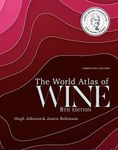

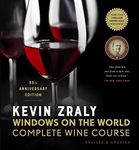

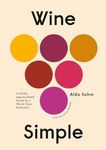
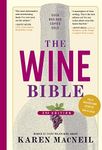
![Champagne [Boxed Book & Map Set]: T](https://images-proxy.bestreviews.guide/83CwD8I7DFhaPbxpE8rLRn2hqow=/0x150/https://m.media-amazon.com/images/I/51ESaMQV4ML._AC_CX679_.jpg)
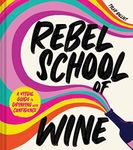
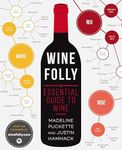

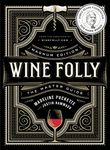
![Wine Food: New Adventures in Drinking and Cooking [A Recipe Book]](https://images-proxy.bestreviews.guide/2AdDcrms5uVwuVWPcIrnuCPEJhM=/0x150/https://m.media-amazon.com/images/I/51Qq+APF61L._AC_CX679_.jpg)
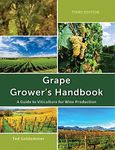
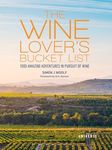

![The New French Wine [Two-Book Boxed Set]: Redefining the World's Greatest Wine Culture](https://images-proxy.bestreviews.guide/6-YQFdwrIoLzf7CHNFUrZmSIsfk=/0x150/https://m.media-amazon.com/images/I/41-EHjXrqKL._AC_CX679_.jpg)



